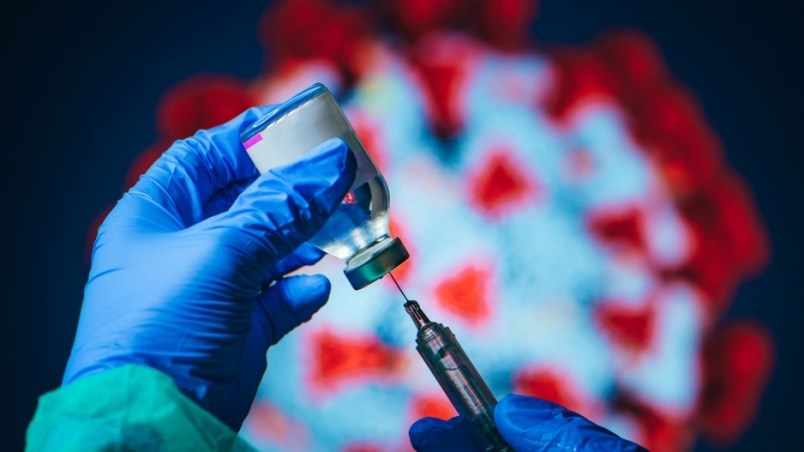If all goes to plan, Canada could see development of its own COVID-19 vaccine — a second-generation vaccine, they call it — thanks to a team at McMaster University.
Brian Lichty, an associate professor at the university’s Pathology and Molecular Medicine and co-lead of vaccine development, and his team are in the middle of manufacturing two vaccines, which he says should be done by the end of March.
Once that's completed, his team will then be in talks with Health Canada on when they can start clinical trials.
“We will have to start a bit slow, but now things have been moving quicker than they’ve used to,” Lichty said on the Rob Snow Show. “What we’re funded to do right now is a 60-person initial study just to make sure that they’re safe and that we induce the immune responses we should, and if that all goes well, we can rapidly expand this production with more people.”
This vaccine will be the first of its kind in Canada.
“We make vaccines that are based on viruses, which is a bit unique. The RNA vaccine, like Moderna and Pfizer — they’re not actually viruses — whereas the AstraZeneca vaccine is a viral vectored vaccine — so that vaccine and our vaccine are based on a common cold virus called an adenovirus,” he explained.
Only a few places in the country can manufacture this type of viral vectored vaccine, and only on a small scale, because of the “trickier” work involved in creating them.
Lichty says the university is looking for ways to upgrade its 17-year-old facility and increase the number of doses.
Right now the team is able to (maybe) make as many as 100,000 doses in the first production run.
So far for funding, the team was able to secure a grant from the Federal government through the CIHR last year for the generation of, testing of and manufacturing of the vaccine.
Lichty says he and his team would love to make a million or more doses this year if they could.
Best case scenario, he says they would get approval, start manufacturing and find out in the spring if the vaccines work well in humans.
They’re also aiming to make more vaccines and get them into the arms of people by the end of the year.
